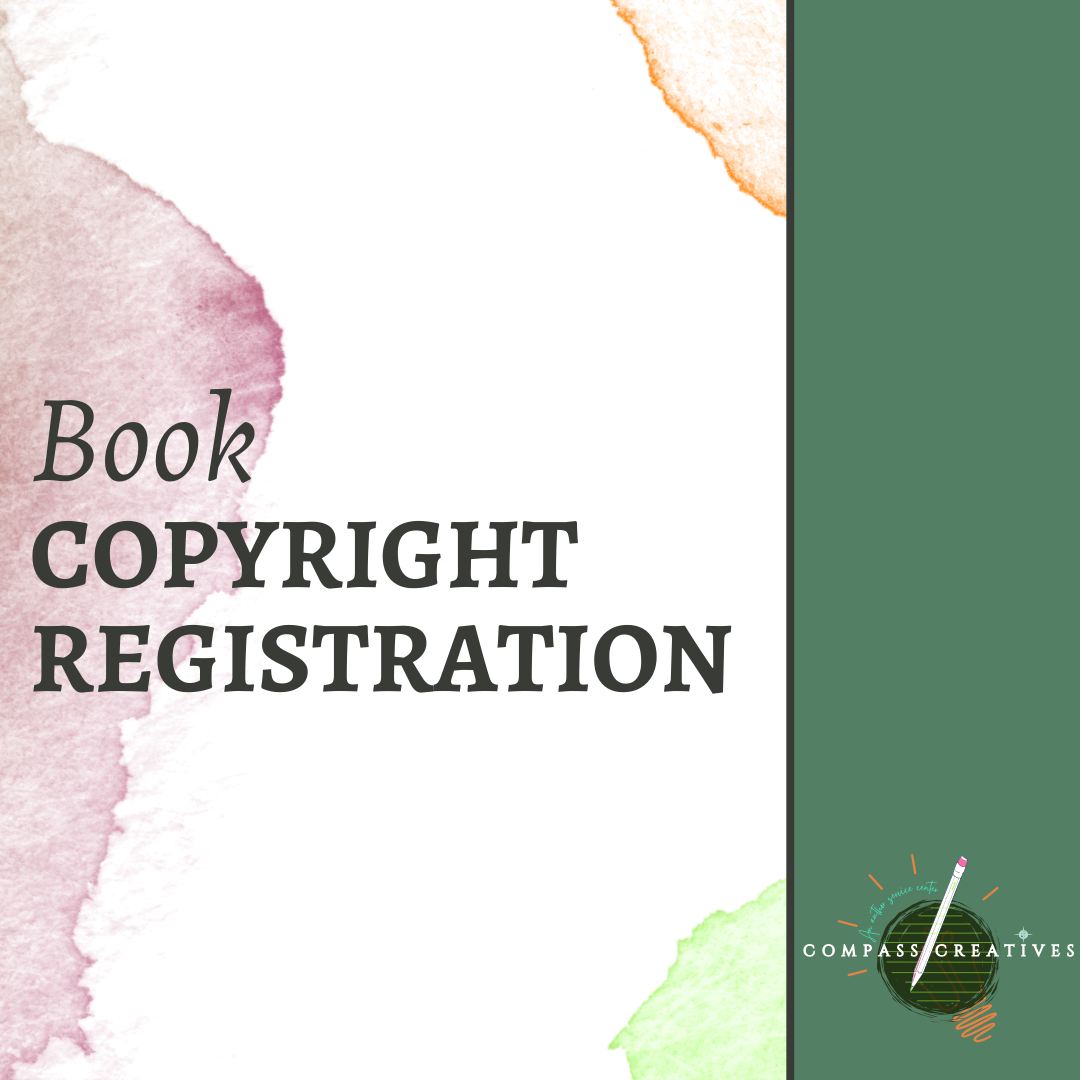READ ME!
If an earlier copyright registration has been made for this work, please consider the rule below
RULE: Only one basic copyright registration can be made for the same version of a particular work.
If this version is substantially the same as the work covered by a previous registration, a second registration is not generally possible, unless: (1) the work has been registered in unpublished form and a second registration is now being sought to cover this first published edition; or (2) someone other than the author is identified as copyright claimant in the earlier registration, and the author is now seeking registration in his or her own name. Conversely, (3) the work has been changed and you are now seeking registration to cover the additions or revisions. If any of the above three exceptions applies, you may move forward with a copyright registration.
Otherwise, do not file a copyright registration form. Instead, write the Copyright Office for information about supplementary registration or recordation of transfers of copyright ownership.
Compass Creatives will act as an Authorized Agent when filing your copyright registration.
An author, a copyright owner who owns all of the rights in the work, or an owner of one or more of the exclusive right(s) may use a duly authorized agent to submit an application on their behalf. Examples of such agents include, but are not limited to, legal guardians, business managers, literary agents, and attorneys. In most cases, the correspondent is a duly authorized agent of one or more of the parties listed above, and as a general rule, the U.S. Copyright Office will direct all communications concerning the application to that person. The Office imposes no special qualifications or tests for authorized agents (including attorneys) before they may file applications or otherwise conduct business with the Office. Nor does the Office require applications to be prepared or submitted by an attorney. In certain special cases the Office may suggest that the claimant consider seeking legal advice, but the Office does not furnish the names of copyright attorneys, publishers, agents, or other similar information. As a general rule, the Office will accept the statement on the application certifying that the person who signs the application is an authorized agent of the author or an owner of the exclusive rights in the work. In some circumstances, the Office may ask an alleged agent to submit documentation showing that he or she is in fact authorized to act for one or more of those parties.



